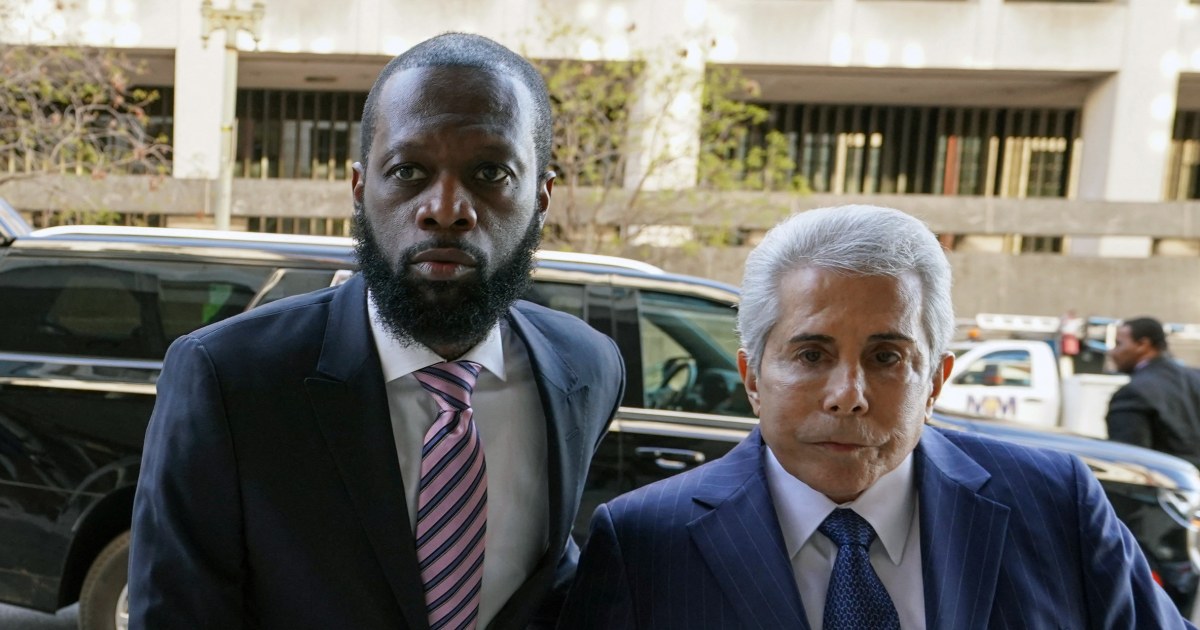A former lawyer for Fugees rapper Pras Michel was sentenced Friday to one year of unsupervised probation and will have to pay a fine after he admitted to violating a court order by sharing protected discovery material with reporters in the run-up to his client’s 2023 trial.
David Kenner, 82, agreed to plead guilty to one count of criminal contempt as part of a deal with prosecutors that ensured he would not face jail time.
It initially appeared as if U.S. District Judge Amit Mehta might reject the deal during Friday’s virtual hearing, saying a lack of punishment for Kenner might send the “wrong signal” to other lawyers bound by protective orders. Mehta ultimately accepted the deal after the parties agreed he retained the right to impose a maximum fine of $5,000.
“Maybe it’s a small, but symbolic thing, but it would make a difference to me,” Mehta said of the fine.
Kenner’s lawyer, Barrett Boss, did not push back on the $5,000 fine but told Mehta that his client had spent $1.4 million out of pocket on expenses arising from Michel’s defense.
Kenner, appearing virtually from his office in California, called the conviction a “low point” in his 56-year career and admitted that his conduct was “reckless.”
“I’m deeply sorry to be standing before you and I fully accept responsibly,” Kenner told the judge.
Michel fired Kenner following his April 2023 conviction on 10 felony counts stemming from his involvement with a Malaysian billionaire accused of embezzling billions from that country’s sovereign wealth fund 1MDB.
The charges against Michel, best known as a member of the 1990s hip-hop group, included acting as an unregistered foreign agent of China, conspiring to make illegal campaign contributions and witness intimidation.
The judge in Michel’s case is considering his motion for a new trial on the grounds that Kenner allegedly mishandled his defense, including using AI to generate his closing argument.
Kenner’s sentence comes nearly 11 months after Bloomberg published a series of articles about Michel’s case that contained grand jury materials and other nonpublic information subject to a protective order. Kenner had the reporters sign a copy of the protective order and shared the information with them because they had been investigating the circumstances around Michel’s case for years and he thought they could provide assistance to the defense team, Boss wrote in his sentencing memo.
“Initially, the reporters agreed to that arrangement and signed the protective order, but later changed their minds and literally ripped up the protective order that they had signed,” Boss wrote. “Mr. Kenner acknowledges that he was reckless in not ensuring that the reporters’ access to the discovery materials was terminated after the reporters indicated their intention not to abide by the protective order’s terms.”
